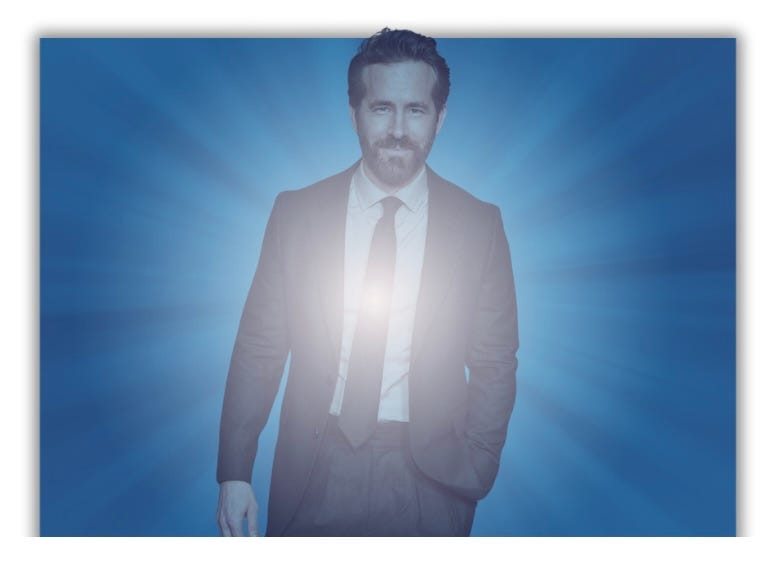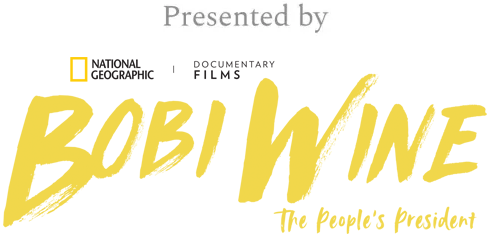Field Guide #1: Actors
First in a week-long look at the professions that make the industry run. Today, the most insecure — yet essential — of them all
The roles have changed in Hollywood, but as they say, the song remains the same. Everything about the lives and fortunes of actors today is completely different than the world of actors even 10 years ago. Yet relations between actors and executives probably don’t look that different than Greta Garbo and John Gilbert wrangling with Louis B. Mayer a century ago. That push-pull between the bean-counters and the creatives is now dressed up in business degree costume and can lapse into tech-ese, but it’s the same old tussle.
That said, if Hollywood isn’t at its heart any more complicated than it ever was, it’s built many more intricacies into the process.
On this Presidents’ Day week, I’ll be looking every day at several of the major Hollywood professions and how they’ve grown, shrunk or evolved. What’s changed about each job today? What are the pitfalls and quagmires for that line of work? And most important, I’m offering advice to others who have to deal with people of that calling. How do you manage and wrangle those people? What are the tricks and tips for bending them to your will or creative vision?
Let’s take it away with the gorilla of them all — actors.
Who Are Actors?
As a personality type, the people who choose acting come from the same pool of people with a hole inside them that only the adulation of millions can fill.
Or as one producer put it, “They spend their days pretending to be something other than who they are, so they must be people who would prefer not to be themselves.”
To make the matter even more complicated, we have to take into account how people become stars in this day and age. Largely gone is the story of young people making their way to Hollywood with nothing but a bus ticket and a dream and then waiting tables while hitting auditions and waiting for lightning to strike. Los Angeles has gotten too expensive, too demanding, for that story to work — if it ever did.
Part-time wait-staffing cannot reliably keep a person afloat while giving them the flexibility to tend to auditions, classes, getting headshots, putting in (at least) an hour at the gym every day, etc etc.
Which is one big reason why so many stars these days began working in the industry when they were children — under their parents’ finances. If they were lucky, they broke into the Disney machine. (This also explains why a growing number of newly-minted stars seem to be nepo babies or second-generation showbiz professionals.)
The effect of this shift is that the people who become stars today bring an extra layer of determination and drive with them. But having traded their childhood for seeking the approval of casting agents, they are fundamentally broken at an even deeper level.
Stars: the CEOs of Me, Inc.

For those who make it, who not just get cast but become stars, they are truly standing astride the entire culture. There are two forces that can move the world these days: IP and stardom. Of the two, stardom is more potent.
Around a star swirls a constellation of projects — movies and series, sure, but more important stardom sells products, creates brands, develops dealflow for investments — which are the very elixir of our most salient postmodern elements. “Most actors understand now that they are commodified brands,” says one producer. “You see people who just made $300 million.”
With that knowledge, however, comes the even greater fear that it will all fall apart and go away. They got to this place via forces called talent and charm, which are as close to magic as anything in the 21st century. What is to say they won’t go up in smoke tomorrow?
With the building of these great empires comes a galaxy of people dependent on them. Suddenly at stake is not just the success of a film, but an entire industry — the jobs of everyone in their lives. On the shoulders of one insecure performer.






